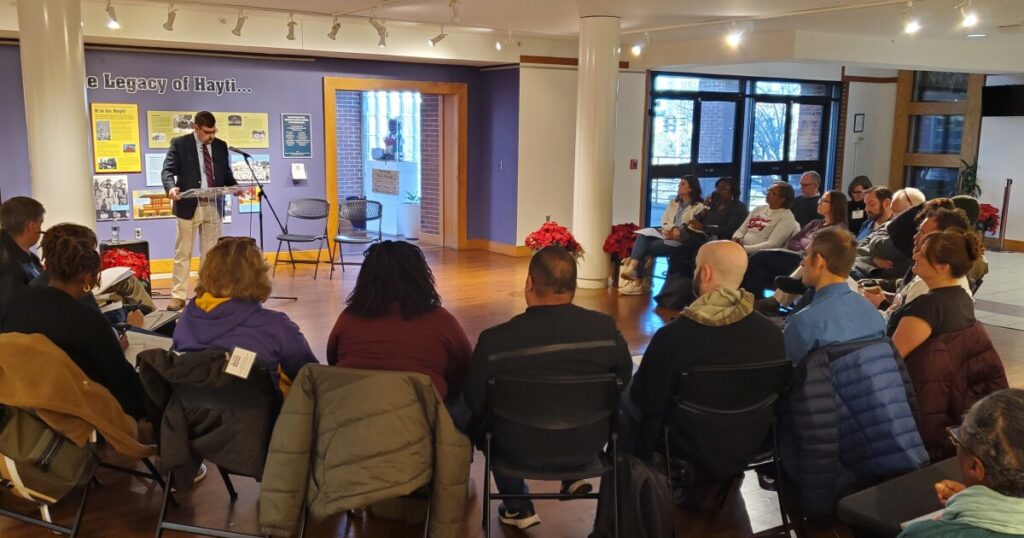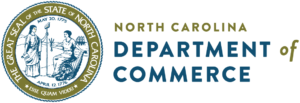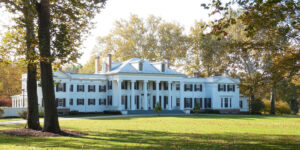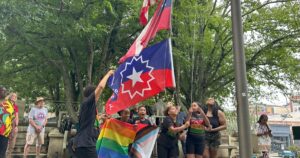The Hayti Heritage Center in Durham buzzed with anticipation as students prepared for a class focused on the Civil War, under the guidance of Michael McElreath. An expert from the North Carolina History Center on the Civil War, Emancipation, and Reconstruction, McElreath is pivotal in crafting a new Civil War curriculum for the state, ahead of the center’s opening in Fayetteville in 2027.
Gathering nineteen educators from the region, McElreath conducted an immersive two-day workshop. Participants explored historical sites like the Stagville Plantation and engaged in insightful discussions at the Durham History Museum. The central theme was a nuanced understanding of the Civil War, emphasized by Barton Myers, a history professor from Washington and Lee University.
Myers highlighted the often-overlooked narrative of North Carolina Unionists who opposed Confederate authority. He shared, “Now Jeremiah King, who was a white farmer from Henderson County, was arrested and jailed three weeks in Asheville by Capt. Morse in 1864 for his Unionist proclivities. His son Jason, who had been conscripted into the Confederate army, deserted only to join the U.S. Army.”
The upcoming $87 million museum aims to serve as a “teaching” institution, leveraging scholarly contributions and firsthand Civil War accounts to offer a comprehensive local history. Current symposiums reflect this mission, equipping educators with accurate historical insights to relay to students.
“We essentially are trying to make sure that teachers have great access to the best scholarship about this era so they can teach honest history, fact-based history,” McElreath stated, stressing the importance of dispelling myths that overshadow the true causes of the Civil War.
Historically, educational narratives have downplayed slavery as a central cause of the conflict, favoring alternative explanations like constitutional disputes or economic futures. McElreath argues for an honest acknowledgment that “the war in every way was about slavery and the need to understand that is important.”
Debates over the portrayal of slavery and the Civil War in education are longstanding, with the “Lost Cause” mythology skewing perceptions of the Confederacy. This narrative, despite being debunked, found its way into Southern textbooks, influencing historical education. A 2017 report by the Southern Poverty Law Center showed only 8% of high school seniors recognized slavery as a primary cause of the war.
Charlie Harrell, a Nash County history teacher, emphasized the Civil War’s relevance, stating, “The Civil War is sort of like the end of the beginning, and the beginning of the modern age, because of this whole Reconstruction idea – we have to change what we had been before. And it’s been 160 years, (but) we’re still struggling with some of that.”
By drawing on firsthand accounts from North Carolina residents, the Center aspires to enrich the historical narrative. Teachers find these personal stories invaluable for engaging students, as demonstrated during a nighttime tour of Stagville Plantation. Sashir Moore-Sloan, an educator from Jordan High School, described the experience as transformative, particularly as an African-American woman.
“Seeing it at night as an African-American woman, it was a different experience, and just seeing what our ancestors went through – and how dark it is – just, you know, walking through the slave quarters at night when it’s cold. It was a very different experience that I’ll never forget, and it’s something that I would definitely bring to my students and share and get into,” she recounted.
Such experiences underscore the enduring significance of Civil War stories, maintaining their impact 160 years later.





